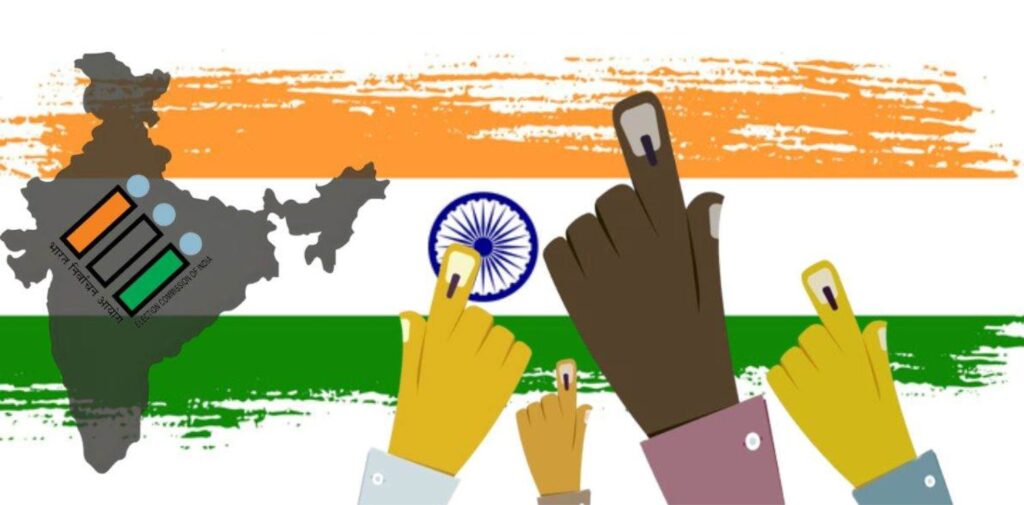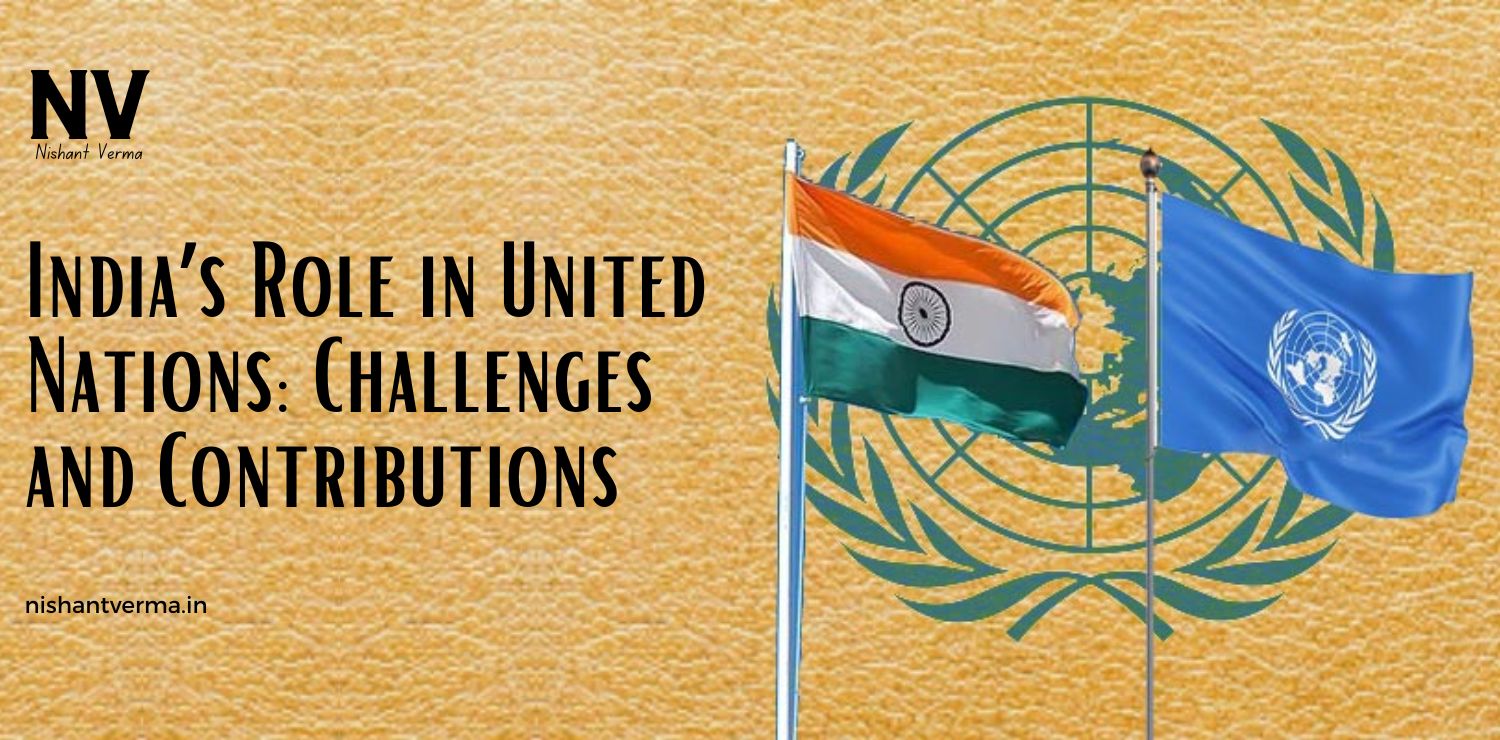Over the years, Non-Resident Indians (NRIs) have become an influential and powerful group within the Indian diaspora. These individuals, who are Indian citizens living abroad for work, business, or education, have contributed significantly to India’s economy, culture, and even politics. As the number of NRIs continues to rise, their influence on Indian politics is becoming more evident. The impact of NRIs on the political landscape of India is multifaceted, ranging from their influence on elections to their role in shaping policy decisions. This article explores how the rise of NRIs is changing Indian politics and the ways in which their voices are being heard in the country.
The Growing Influence of NRIs in Indian Politics
In recent years, the number of Non-Resident Indians has grown significantly, with millions of Indians living and working in countries across the globe. According to estimates, the Indian diaspora consists of more than 30 million people worldwide, making it one of the largest in the world. The rise of this large and diverse group of people has created new opportunities for influence and participation in Indian politics.
While NRIs do not have the right to vote in Indian elections unless they are physically present in India during the voting period, their impact on Indian politics is undeniable. Many NRIs actively engage with political parties, provide funding for campaigns, and participate in discussions around key political issues. Additionally, some NRIs have started to take an active role in political discourse, advocating for policies that benefit both India and the countries they reside in.

NRIs’ Role in Shaping Election Outcomes
The most direct impact of NRIs on Indian politics comes through their influence in elections. Although NRIs cannot vote unless they are in India, they play a significant role in shaping the outcomes of elections in various ways. One of the most notable ways they impact Indian elections is through financial support. Many political parties in India actively seek the support of the NRI community, who are often seen as a source of funds for election campaigns.
NRIs, especially those in economically strong countries like the United States, the United Kingdom, and the Gulf countries, contribute significantly to the funding of political campaigns. Their donations have become an important part of political party budgets, and many candidates rely on the financial backing of NRIs to run their campaigns effectively. This has led to the emergence of a new political strategy, where parties are focusing on NRI issues and engaging with them to secure financial and emotional support.
In addition to financial support, NRIs often use their influence to sway public opinion in favor of particular political parties or candidates. Social media has become a powerful tool for the NRI community to express their opinions and rally support for political causes. As the NRI community grows in number and influence, political parties are increasingly paying attention to their needs and concerns, which can impact the decisions made by Indian voters back home.
NRIs’ Role in Promoting Political Awareness
Another significant impact of NRIs on Indian politics is their role in promoting political awareness both within India and abroad. The NRI community is often well-informed about political issues and developments, and many NRIs actively engage in political debates and discussions. Their exposure to diverse political systems and ideologies in the countries they live in often brings new perspectives and insights into Indian politics.
Many NRIs use social media, blogs, and online platforms to raise awareness about important political issues. Through these platforms, they can reach a wide audience and encourage political participation among Indian citizens. By promoting political discussions, organizing rallies, and hosting online campaigns, NRIs contribute to increasing political consciousness among the Indian population. Their efforts help to keep Indian politics in the global spotlight, ensuring that the country’s political issues receive attention beyond its borders.

NRIs and the Development Agenda
NRIs have also played a significant role in shaping India’s development agenda. Over the years, many NRIs have become successful entrepreneurs, professionals, and business leaders. As a result, they have the expertise, resources, and networks to drive economic growth and development in India. NRIs are increasingly investing in India, setting up businesses, and creating jobs in various sectors, such as technology, healthcare, education, and infrastructure.
Through their investments, NRIs contribute to the growth of the Indian economy, which, in turn, influences the country’s political landscape. Political leaders recognize the importance of the NRI community and actively seek their involvement in key development projects. In many cases, NRIs work in collaboration with Indian government agencies to launch initiatives that address critical issues such as poverty alleviation, rural development, education, and healthcare. These initiatives often garner political support and contribute to the overall development agenda of the country.
Furthermore, NRIs have also been instrumental in promoting the idea of “Reverse Brain Drain,” where talented professionals who have worked abroad return to India to contribute their skills and knowledge to the country’s development. This movement has gained momentum in recent years, and it is having a positive impact on India’s political and economic policies. By supporting and encouraging the return of skilled professionals, NRIs are helping to enhance India’s competitiveness in the global economy, which is an important political issue.
NRIs and the Push for Voting Rights
One of the key political issues that the NRI community has been advocating for is the right to vote in Indian elections. Currently, NRIs are not allowed to vote in Indian elections unless they are physically present in India on the day of voting. However, there has been growing demand for changes to this law, with many NRIs arguing that their voices should be heard in the political process, especially given their financial and social contributions to the country.
In recent years, there has been a growing push for the inclusion of NRIs in the electoral process. Some political parties have expressed support for this cause, recognizing the importance of the NRI vote in shaping India’s future. While the Indian government has not yet made any significant changes to the voting system for NRIs, the growing influence of the NRI community in politics suggests that this issue will continue to be a topic of discussion in the future.

Challenges and Concerns of NRIs in Indian Politics
Despite the growing influence of NRIs in Indian politics, there are still several challenges and concerns that need to be addressed. One of the biggest challenges is the lack of representation of NRIs in the political system. Although NRIs are a significant part of India’s population, they have limited representation in India’s legislative bodies. There have been calls for the creation of special seats or constituencies for NRIs in the Indian Parliament, but this idea has yet to gain widespread support.
Additionally, NRIs often face challenges in understanding the complexities of Indian politics, given the vast differences in political systems, ideologies, and regional issues. While many NRIs are deeply connected to their homeland, their physical distance from India sometimes makes it difficult for them to fully grasp the intricacies of local and national politics. This can sometimes lead to misunderstandings or misinterpretations of political developments back home.
Conclusion: Rise of Non-Resident Indians
The rise of Non-Resident Indians (NRIs) has had a profound impact on Indian politics. From influencing election outcomes to promoting political awareness and contributing to India’s development agenda, NRIs are playing a vital role in shaping the future of the country. As their numbers continue to grow, their political influence will only increase. However, there are still challenges to be addressed, particularly regarding voting rights and political representation. Nonetheless, the NRI community’s growing involvement in Indian politics is a testament to the importance of the Indian diaspora in the global political landscape. Their voices are becoming louder and more influential, and it is clear that their role in Indian politics will continue to evolve in the years to come.




